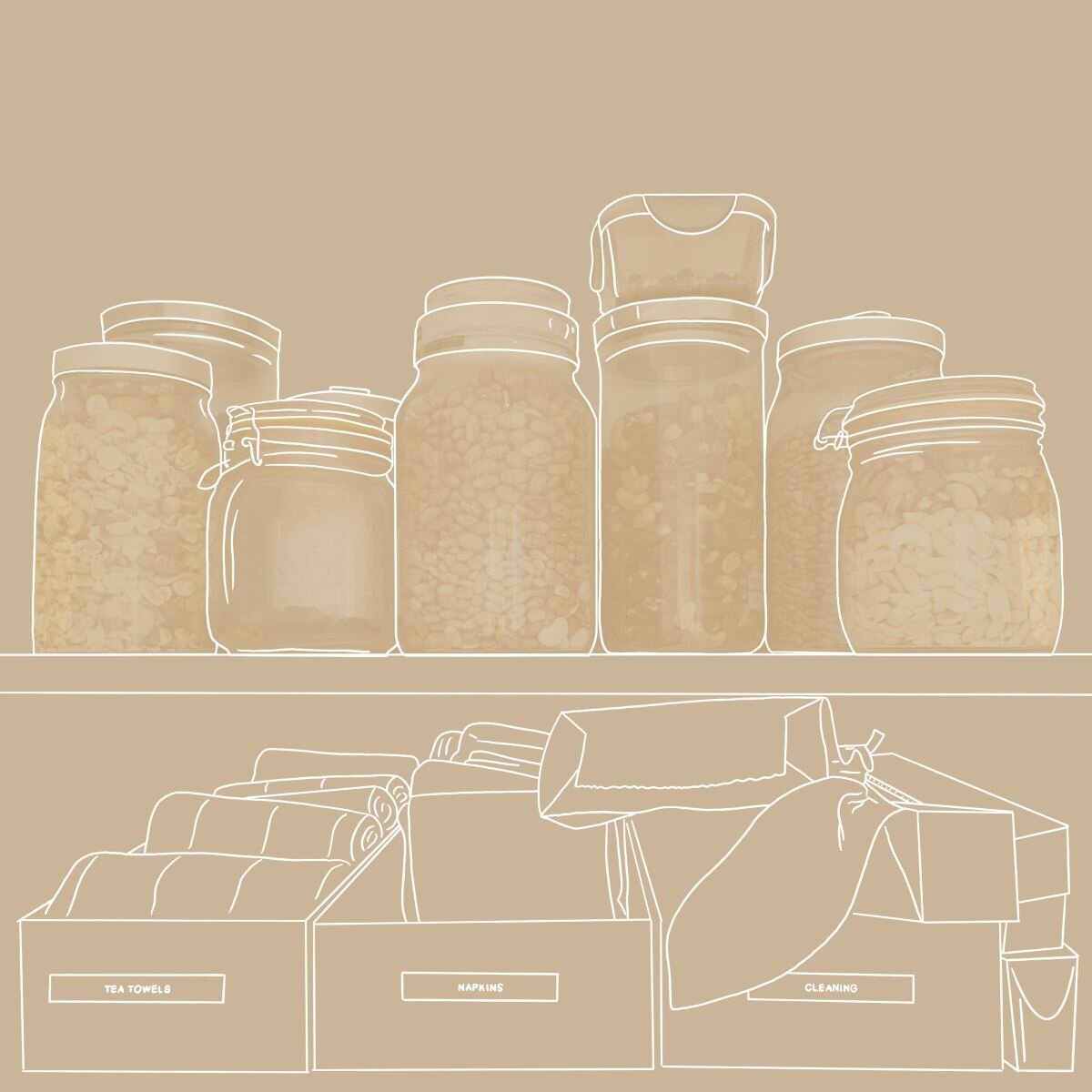the [every]day activist.
climate change is the biggest issue of our generation. plastic pollution will annihilate our ocean life. our planet is on fire. as an environmentalist, i am overwhelmed by these issues and tackling these problems can seem daunting. this is why i coined the term ‘the everyday activist’. the everyday activist takes a bottom up (individual) approach, as well as a top down (policy-driven) approach. they consider the impacts of their everyday actions and how it will affect the world around them. i believe that your everyday actions are a reflection on how you will live your life. habits maketh the man, and they will ultimately define earth’s destiny. that is why, i’ve included a list of five actions we can incorporate into our everyday lives that will transform us into everyday activists. small changes can make a big cumulative difference, and today is the day to start.
1. consume less
wanting less and buying less means that you use less resources. think of all the items that you buy, they have more than just a monetary cost, they have a planetary cost as well. the money used to buy the item rarely reflects the lifecycle cost of the product, i.e. the materials, labour, transport and also disposal of the item. by consuming less, you are stepping off the hedonistic treadmill of consumerism, you are saving money and also saving the planet.
2. vote with your dollar
when you do buy something, consider the buy-riarchy of needs. this is a decision-making pyramid that makes you question:
- do you really need to buy this item?
- can you make do with something you already have?
- can you source the item secondhand?
- can you buy the item from an ethically sourced business?
by going through the buy-riarchy of needs, you can put your money where your mouth is and support businesses which align with your values. you are funding the type of world in which you want to live, that is the ultimate form of buying power.
3. say no to food waste
food waste is a huge environmental problem. whenever we send our food to landfill, the breakdown of the food waste causes the release of methane (a greenhouse gas) into our atmosphere. food is a precious resource, wars have been fought over famine, we should not be wasting it. there are some simple rules for your kitchen which can help reduce your food waste:
- do a pantry/fridge audit before you go shopping
- make a list of the items you need
- meal plan or meal prep your food
these simple rules means that you reduce what you throw away, introduce more healthy foods into your diet and also save money in the long run.
4. try going plastic-free
plastic is made of petroleum and plastic is not actually recycled, but downcycled. this means it gets downcycled to poorer and poorer forms of plastic until it cannot be downcycled any further and sits in landfill, releasing methane into the atmosphere. plastic is also incredibly toxic to our sea life, in fact, it is estimated by the year 2050 there will be more plastic in the seas than fish. this alarming statistic is a wake-up call to reduce our plastic consumption. this can be done in our everyday lives with a few simple switches:
- refuse single use plastic bags and bring your own, if you forget, try asking for a box instead (which you can responsibly recycle)
- try shopping at the farmer’s market and buying produce without packaging
- refuse straws, use your mouth instead! (or a stainless steel straw if needed)
- say no to disposable coffee cups and replace it with a reusable coffee cup
there are countless more plastic-free solutions, for more ideas check out my instagram (@rocket_science).
5. head outdoors
finally, one simple, yet highly effective way to be an everyday activist is to head outdoors every day. when you are connected with nature, even if it is a simple walk in your local park, this allows you to see the beauty and grandness of nature. you come to appreciate nature is worth fighting for. she is a voiceless victim, and it is time we gave a voice to her. we need to be everyday activists so that we are reminded that earth is the only home we’ve got – there is not planet b.
anita vandyke is a qualified rocket scientist and medical doctor (bachelor of engineering – aeronautical space and doctor of medicine) and, most importantly, mother to vivian. she was born in guangzhou, china, raised in australia, and currently splits her time between sydney and san francisco. her first book, a zero waste life: in thirty days, won gold at the nautilus book awards in 2019 and has been translated to seven languages. anita writes about motherhood, zero waste living and minimalism on instagram, at @rocket_science, or at anitavandyke.com.
![the[good]loan.co](http://images.squarespace-cdn.com/content/v1/5fa2362d420be2014826fd7f/2556598d-b314-42ba-9f48-44c25edbdcec/The-Good-Loan-Co-Logo-Black-Colour.png?format=1500w)
![the[good]loan.co](http://images.squarespace-cdn.com/content/v1/5fa2362d420be2014826fd7f/058cee06-440b-4bc6-b958-37200348b7f2/The-Good-Loan-Co-Logo-Black-Colour.png?format=1500w)


